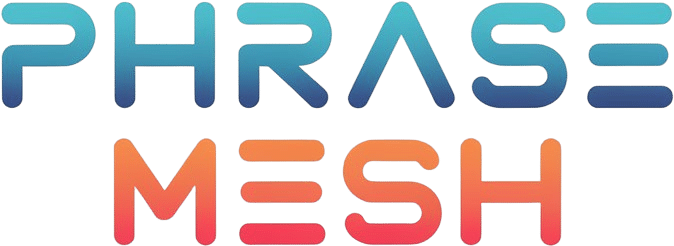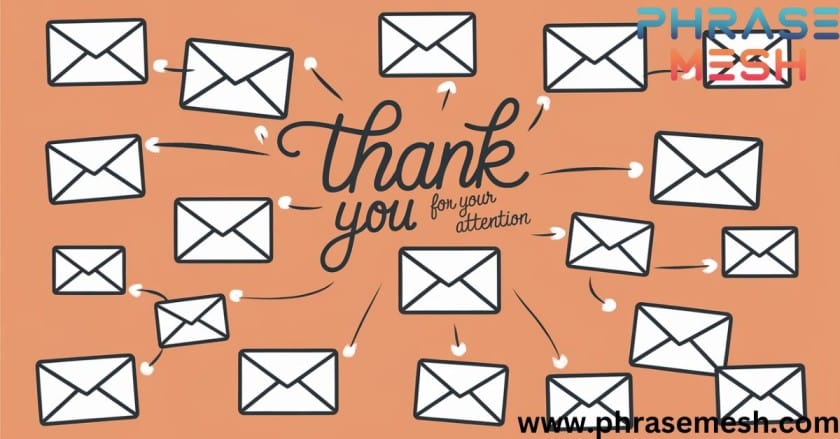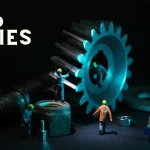In the world of professional communication, expressing gratitude goes beyond courtesy—it’s a subtle art that leaves a lasting impression. While the phrase “Thank You for Your Attention” is a classic, relying on it repeatedly can make your emails sound monotonous. Imagine standing out in every inbox by using creative and thoughtful alternatives. These phrases not only convey appreciation but also set the tone for strong, professional relationships.
Whether you’re addressing colleagues, clients, or stakeholders, finding fresh ways to say “Thank You for Your Attention” elevates your communication game.
Dive into this guide to discover 20 impactful expressions that replace the standard “Thank You for Your Attention” with style and sincerity.
Is It Professional to Say “Thank You for Your Attention”?
Yes, saying “Thank You for Your Attention” is professional and widely accepted in business communication. It’s a polite way to acknowledge that someone has taken the time to listen, read, or engage with your message. However, its effectiveness often depends on the tone and context.
For instance, at the end of a presentation, “Thank You for Your Attention” works well to show appreciation, like: “Thank you for your attention to the details of this proposal; your feedback is highly valued.”
While professional, it may sometimes feel generic or overused, which is why diversifying your language can leave a stronger impression.
Pros:
- Clarity: Conveys gratitude in a straightforward way.
- Universality: Recognized across cultures and industries.
- Professional Tone: Maintains a respectful and formal approach.
Cons:
- Context-Sensitive: Not ideal for casual settings.
- Lacks Personality: Can feel bland or impersonal.
- Repetitive: Overuse may diminish its impact.
20 Ways to Say “Thank You for Your Attention” in an Email:
- The Classic Appreciation Close
- The Specific Recognition Approach
- The Forward-Looking Acknowledgment
- The Empathetic Appreciation
- The Professional and Concise Close
- The Collaborative Appreciation
- The Personal Touch Approach
- The Strategic Acknowledgment
- The Comprehensive Gratitude Close
- The Future-Oriented Appreciation
- The Gratitude and Growth Approach
- The Collaborative Impact Statement
- The Precise Professional Acknowledgment
- The Forward-Momentum Appreciation
- The Empowerment Recognition
- The Solution-Oriented Gratitude
- The Extended Professional Courtesy
- The Transformative Feedback Approach
- The Relationship-Building Close
- The Future-Focused Appreciation
pro tip:
Pair “Thank You for Your Attention” with a specific action or detail to make it stand out, like: “Thank you for your attention; your insights will shape the next steps.”
1. The Classic Appreciation Close
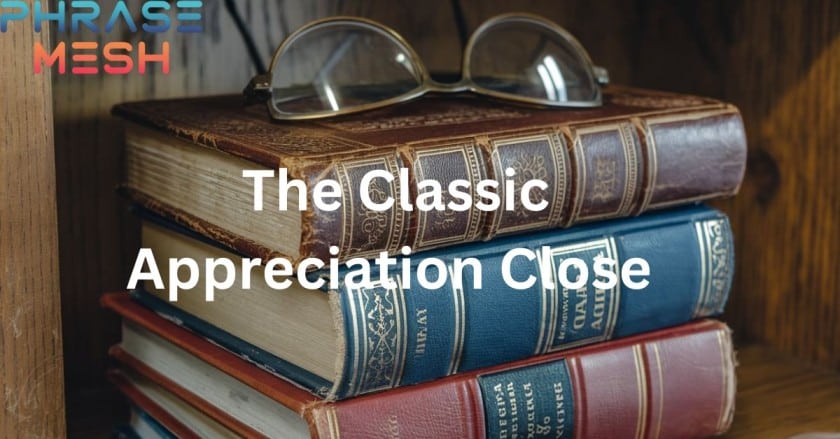
Scenario: Responding to a potential client’s detailed inquiry about services.
Dear Sarah Thompson,
I appreciate you taking the time to review our proposal. Your careful consideration means a great deal to our team.
Best regards, Michael Rodriguez
2. The Specific Recognition Approach
Scenario: Following up after a job interview or professional consultation.
Dear Robert Chen,
Thank you for dedicating your valuable time to our discussion today. Your insights into market trends were incredibly illuminating.
Warm regards, Elena Martinez
3. The Forward-Looking Acknowledgment
Scenario: Closing an email after a collaborative project discussion.
Dear Amanda Williams,
We are grateful for the attention you’ve given to our proposed strategy. We look forward to transforming these discussions into actionable plans.
Sincerely, David Kim
4. The Empathetic Appreciation
Scenario: Responding to a challenging client communication.
Dear Mr. Johnson,
Thank you for taking the time to share your concerns in such detail. Your feedback is instrumental in helping us improve our services.
Respectfully, Jessica Rodriguez
5. The Professional and Concise Close
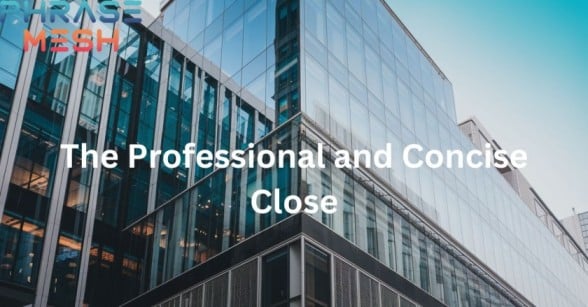
Scenario: Quick follow-up to a brief meeting or email exchange.
Dear Lisa Patel,
Your attention to this matter is deeply appreciated. We will proceed with the next steps promptly.
Regards, Thomas Green
6. The Collaborative Appreciation
Scenario: Concluding an email after a team brainstorming session.
Dear Project Team,
Thank you for your collective attention and innovative contributions. Together, we’re creating remarkable solutions.
Enthusiastically, Carlos Martinez
7. The Personal Touch Approach
Scenario: Responding to a personalized recommendation or referral.
Dear Emily Wong,
I am genuinely thankful for the time and thought you’ve invested in understanding our needs. Your personalized approach sets you apart.
Warmly, Sarah Mitchell
8. The Strategic Acknowledgment
Scenario: Closing a potential partnership discussion.
Dear Robert Anderson,
We value the strategic attention you’ve devoted to exploring this potential collaboration. Your insights are pivotal to our mutual success.
Professionally, Karen Lee
9. The Comprehensive Gratitude Close
Scenario: Responding to a detailed project proposal review.
Dear Mark Thompson,
Your comprehensive review demonstrates an extraordinary level of professional commitment. We are truly appreciative of the depth of your analysis.
Sincerely, Daniel Kim
10. The Future-Oriented Appreciation
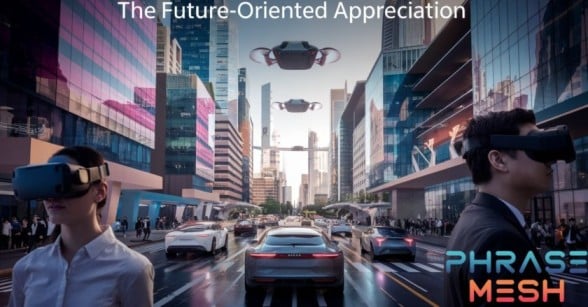
Scenario: Concluding an email after a promising initial contact.
Dear Jennifer Garcia,
Thank you for the attention and consideration you’ve extended to our proposal. We are excited about the potential opportunities ahead.
Optimistically, Alex Rodriguez
11. The Gratitude and Growth Approach
Scenario: Following up after a mentorship meeting
Dear Professor Williams,
Thank you for investing your expertise in my professional development. Your guidance helps me transform insights into meaningful progress.
Appreciatively, Jessica Martinez
12. The Collaborative Impact Statement
Scenario: Concluding a cross-departmental project email
Dear Marketing Team,
Your focused attention to our shared objectives demonstrates the power of collaborative excellence. Together, we’re creating extraordinary outcomes.
Collaboratively, Michael Chen
13. The Precise Professional Acknowledgment
Scenario: Responding to a detailed technical review
Dear Dr. Rodriguez,
I deeply appreciate the meticulous attention you’ve given to our technical specifications. Your rigorous analysis ensures our project’s highest standards.
Professionally, Sarah Thompson
14. The Forward-Momentum Appreciation
Scenario: Closing an initial business proposal discussion
Dear Alexandra Park,
Thank you for dedicating time to understanding our innovative approach. Your strategic insights propel us toward meaningful collaboration.
Enthusiastically, Robert Kim
15. The Empowerment Recognition
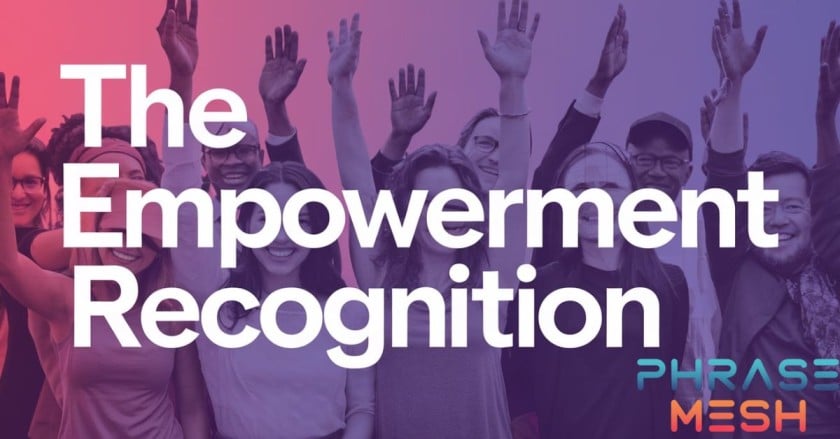
Scenario: After receiving constructive feedback
Dear Thomas Anderson,
Your thoughtful attention to our project’s nuances demonstrates genuine commitment to our collective success. Your insights empower our entire team.
Gratefully, Elena Garcia
16. The Solution-Oriented Gratitude
Scenario: Responding to a complex problem-solving session
Dear Jennifer Wong,
Thank you for approaching our challenges with such dedicated attention. Your problem-solving perspective transforms obstacles into opportunities.
Innovatively, Carlos Rodriguez
17. The Extended Professional Courtesy
Scenario: Following a comprehensive consultation
Dear Marcus Lee,
I am profoundly grateful for the extraordinary time and expertise you’ve shared. Your comprehensive insights provide invaluable strategic direction.
Respectfully, Amanda Mitchell
18. The Transformative Feedback Approach
Scenario: After receiving constructive critique
Dear David Johnson,
Your attentive and nuanced feedback represents a transformative moment for our project. We appreciate your commitment to excellence.
Progressively, Karen Zhang
19. The Relationship-Building Close
Scenario: Initial networking communication
Dear Emily Turner,
Thank you for extending such thoughtful attention to our potential collaboration. Your openness creates pathways for meaningful professional connections.
Warmly, Daniel Kim
20. The Future-Focused Appreciation
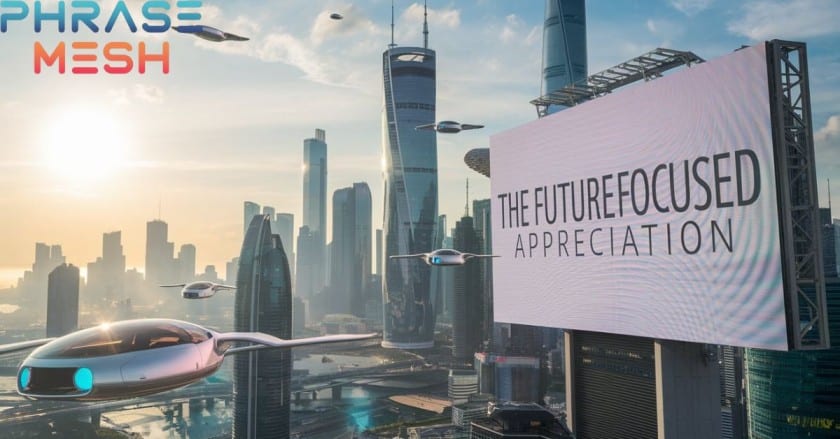
Scenario: Concluding a strategic planning discussion
Dear Robert Nakamura,
We are deeply thankful for the strategic attention you’ve invested in our shared vision. Your perspective illuminates exciting future possibilities.
Optimistically, Sarah Rodriguez
Concluding Insights
These approaches demonstrate that gratitude in professional communication extends beyond mere politeness. Each expression of thanks is an opportunity to reinforce relationships, showcase professionalism, and create momentum for future collaborations.
Key principles remain consistent:
- Remain authentic and genuine
- Personalize your message
- Be specific about the impact
- Align tone with the professional relationship
FAQs on “Thank You for Your Attention”
Does “Thank You for Your Attention” work in casual settings?
It’s better suited for formal or professional communication. In casual settings, opt for something like “Thanks for listening” or “I appreciate your focus.”
Why is “Thank You for Your Attention” important in communication?
It shows respect and gratitude for the recipient’s time and focus. This simple phrase helps you end conversations or emails on a professional and positive note.
When should I use “Thank You for Your Attention”?
Use it after presentations, proposals, or emails requiring focus. It’s best when you want to express appreciation for someone’s time and consideration.
Can “Thank You for Your Attention” feel overused?
Yes, overuse can make it sound robotic or impersonal. Try varying your phrasing to add warmth or clarity to your communication.
What are better alternatives to “Thank You for Your Attention”?
Alternatives include phrases like “I appreciate your time” or “Thanks for considering this.” These options feel more tailored to specific contexts.
